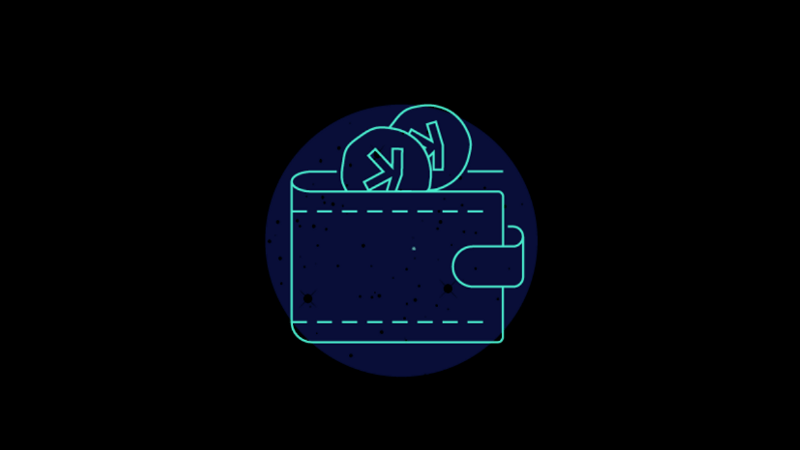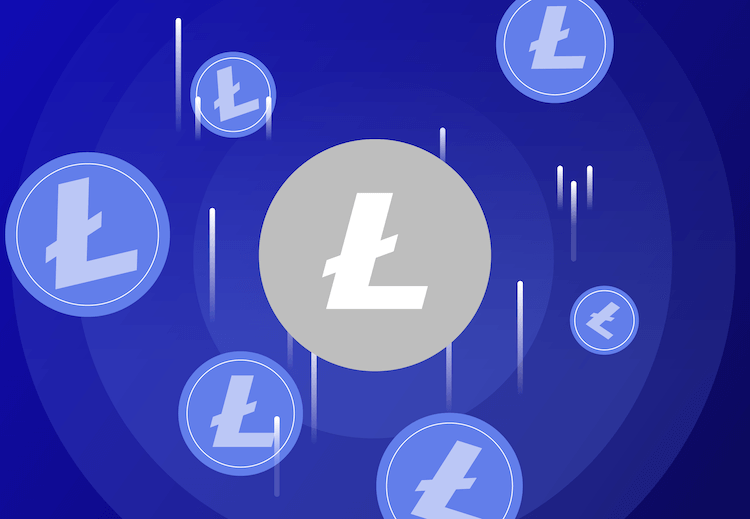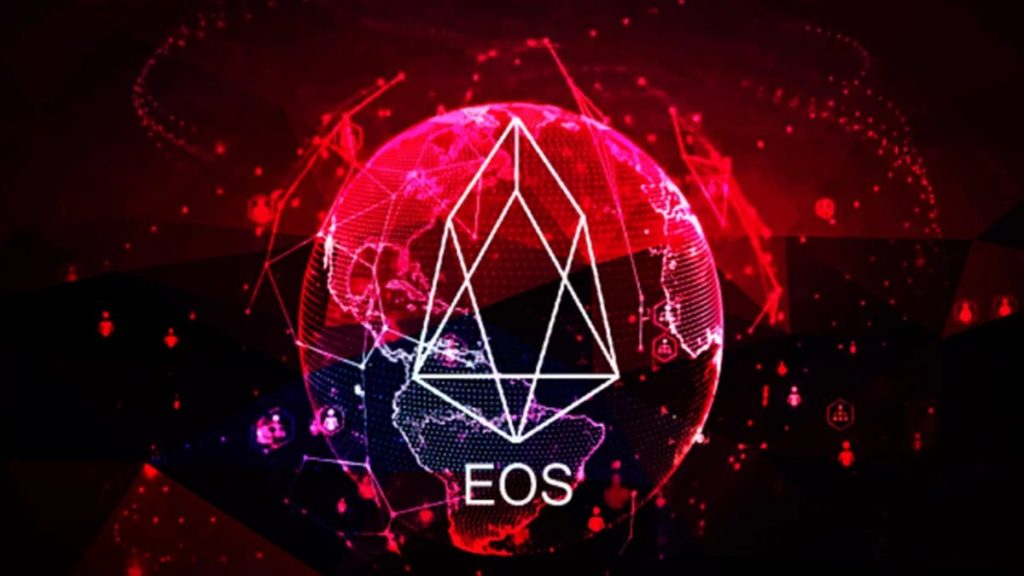
EOSIO blockchain – it is a decentralized system that runs on its own EOS cryptocurrency and supports decentralized applications (DApps) on its platform. His own EOS tokens are often used for commercial purposes and can be used as a “share” to fund DApp in the EOS ecosystem. Introduced in May 2017 by block.one, EOS does not mean anything specific because its creators never defined it formally. Dan Larimer, founder of Bitshares and Steem, is the CTO of block.one.
Initially, EOS conducted an initial coin offering throughout the year (ICO) in 2017, a total of 200 million (20% of tokens) were distributed over a five-day period, another 700 million (70%) were distributed among the rest of the year and 100 million (10 %) held in escrow for block.one.
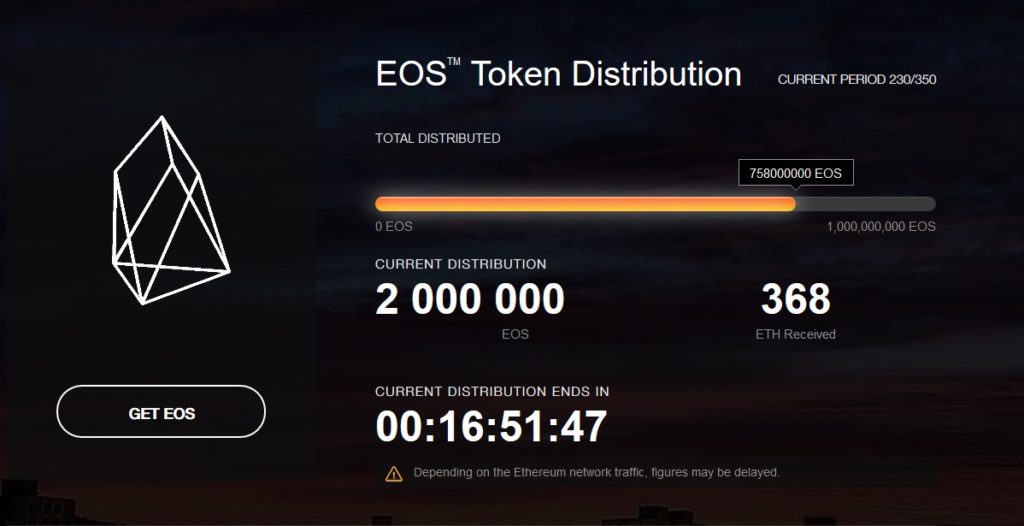
The EOS protocol acts like the Google Play Store and the Apple App Store, emulating most of the attributes of a real computer, including hardware (CPU and GPU) for processing, local / RAM and hard drive memory), with computing resources being distributed equally between EOS cryptocurrency holders. EOS also supports the web toolkit used to develop the interface.
Essentially, EOSIO operates as a smart contract platform and decentralized operating system designed to deploy industrial-scale DApp applications through a decentralized autonomous corporation model. The smart contract platform claims to eliminate transaction fees and also conducts millions of transactions per second. EOS (EOS) is software that represents the blockchain architecture, designed to provide vertical and horizontal scaling of decentralized applications. EOS software provides accounts, authentication, databases, asynchronous communications, and application scheduling for multiple CPU cores and / or clusters.
The basis of the EOS token is the EOS.IO software, which provides the blockchain architecture. EOS.IO is designed with horizontal and vertical scaling for decentralized applications. The team created an environment that resembles an operating system and allows developers to create applications on it.
The project blockchain can be scaled to process millions of transactions per second without commission. It also simplifies and speeds up the development of decentralized applications. The team considers its software to be the most powerful infrastructure designed for decentralized applications. They openly declare rivalry with Ethereum.
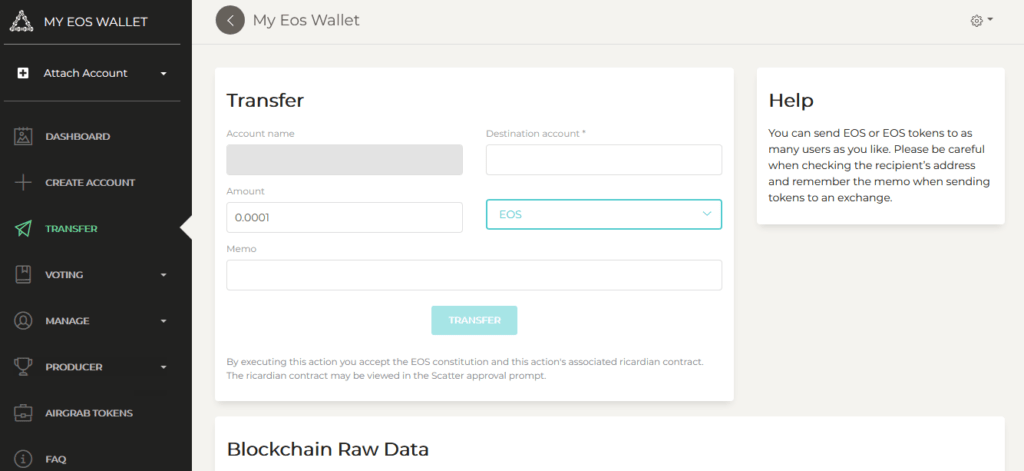

EOSIO™ Version 2.0: Enhancing Performance and Reducing Barriers to Entry
The release of EOSIO 2.0 included EOS VM, a specialized embedded WebAssembly interpreter and EOSIO Web IDE, which reduces the barriers to entry for EOSIO developers by allowing development directly from a web browser. In addition, we introduced support for WebAuthn, a widespread authentication API built on public key cryptography, and support for multi-signature hardware devices that allow block manufacturers to sign transactions.
EOSIO™ Version 1.8.0: Stable Release of Consensus Protocol Upgrade Features
The release of EOSIO 1.8 introduced the basic mechanisms that are needed to facilitate the activation of updates to the agreed protocol. These mechanisms will allow a majority of two-thirds of the active blockchain block producers of EOSIO to activate functions individually to change protocol rules when updating is completed.
EOSIO™ Other Version Releases:
Read more articles about cryptocurrencies and mining at CRYPTO-WALLETS.ORG.
The Telegram channel about cryptocurrency and mining Bitcoin, Ethereum, Monero and other altcoins:
Kaspa (KAS) non-custodial wallets Desktop, Web, Android, iOS
Kaspa wallets – an overview of the best options for KAS. Kaspa coins can now be easily and securely stored on various platforms such as Desktop, Web, Hardware, Android and iOS. A non-custodial (non-custodial) wallet is a cryptocurrency wallet where users retain full control over their private keys. This means that the user is fully…
Overview of decentralized crypto platforms Waves
The Waves team is developing tools to create a decentralized technology segment that will become the basis of Web 3.0 – the digital landscape of the future.
Review of the best wallets for Litecoin (LTC)
Like Bitcoin, the Litecoin cryptocurrency is rapidly gaining momentum and becoming quite a sought-after digital asset around the world.
